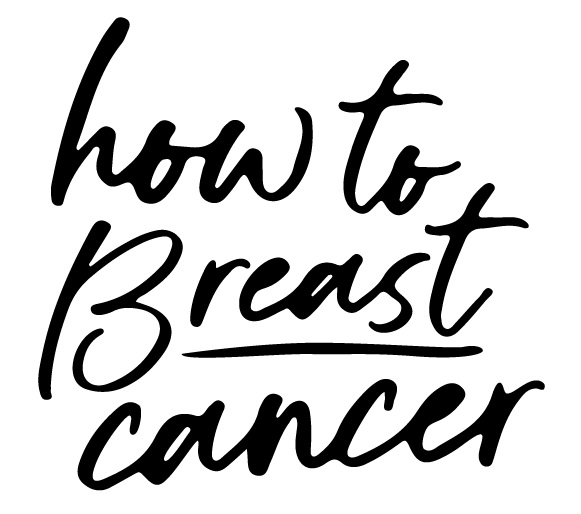Ask Amelia: Feb 2022
Thank you for continuing to send us your questions! As always, below we are sharing with the intention to be helpful. We encourage you to continue to send us your comments and questions through contact us.
Loved the podcast on ways to cope, thank you! What would you say to a family member who should read the book, but doesn’t know about it...how to suggest it to them without being pushy?
Involving a family member in your overall coping plan is extremely helpful and wise. I have found that sharing (with my core family and friends support group) tips and/or books I am reading, has also inspired them to read and/or become more familiar with the topics. You may want to suggest they listen to the podcast with you and this will allow them to learn about the book directly through the lens of one of the authors, which I think will be helpful.
I am about a month into my treatments and water now has a metallic taste. Did you experience this too? What would you recommend?
Yes, I did. For a few months, several different things tasted completely different or had the overwhelming taste of sand. Water and healthy hydration is a key tool in staying healthy and so it is important to tackle the taste issue. One thing I found helpful with taste management overall was using a baking-soda based toothpaste and also using baking soda and warm salted water as a mouth wash. It does not sound tasteful at all, and it isn’t, but it does help. I also heard from a couple of fellow patients that adding some fresh cut cucumbers to their iced water helped with the taste issues.
My doctor has now prescribed regular echocardiograms as part of my treatment program; it feels stressful to add yet another ‘test’ to the regimen. Thoughts?
While I completely understand and can relate to “yet another test”, this one is extremely important and in the grand scheme of tests/scans, the least invasive or prep intense. I have my echocardiograms done every three months to ensure all is well with the tic, tic, tic of my heart. And while I do feel anxious before the test and certainly waiting the results, it keeps me well informed and equipped to handle any change in a proactive manner. Once these become a part of your overall routine, they will likely feel less stressful and more of a key tool in your overall satchel for the journey.
Do you have a good cardio workout routine that is not too intense?
Always speak with your doctor before you begin any exercise regimen. For me, there are three key routines that give me a good cardio balance and have worked well for me throughout my journey:
Daily walking – even if it is around the house – getting my 10K steps in every day is a must.
Pilates – while traditionally seen as an exercise for stretching and strengthening, there is also a great cardio aspect to a good Pilates routine – I try to do at least two sessions a week (about 45 minutes each)
6-minute “total body workouts” – there are a few low-intensity routines that can be done in a short workout (i.e., jumping jacks, kneeling push-ups and planks) that help keep the heart pumping and greatly help your overall healing!
With love,
Amelia O.





